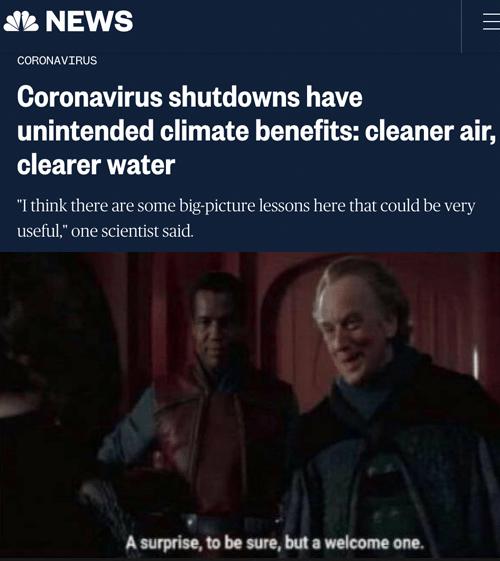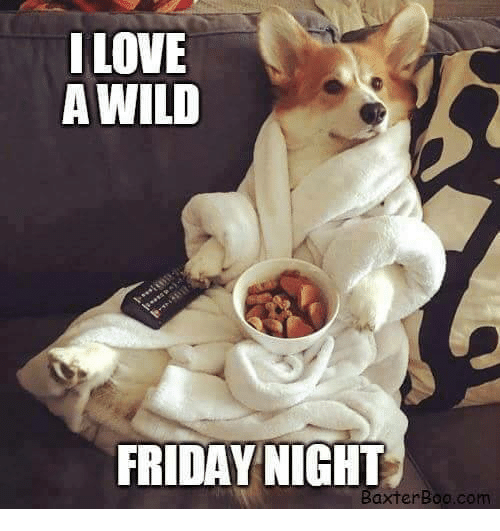By Leah Dubots1
It’s the most magical time of the year…the semester is over, finals are done, and we get to put our feet up, sip some hot chocolate, and relax. But what happens when we’ve binged The Office for the tenth time this year, and, dare we admit it, are…bored? Fear not, fellow scientists! Just as Bill Nye, the Science Guy, helped our elementary school substitutes provide us with a one-of-a-kind scientific education, the UFS Communications and Outreach guys and gals are here to provide you with ways to sharpen your geoscience skills this winter. Here are four ways you can get involved.
-
Take the Graduate Student Test
- Thinking about how you can build your resume for after graduation? Take the UFS Graduate Student Test! It’s free and gives you the opportunity to experiment with the same weather model used by forecasters at the National Weather Service. Two big bonuses after you take the test: (1) your feedback can help improve the Weather Service models, and (2) you become a member of the UFS community, a group of people including the best forecasters and earth scientists in America (and now you, too!).
Attend the 101st American Meteorological Society (AMS) Annual Student Conference
- Thinking about how you can build your resume for after graduation? Take the UFS Graduate Student Test! It’s free and gives you the opportunity to experiment with the same weather model used by forecasters at the National Weather Service. Two big bonuses after you take the test: (1) your feedback can help improve the Weather Service models, and (2) you become a member of the UFS community, a group of people including the best forecasters and earth scientists in America (and now you, too!).
-
Attend the 101st American Meteorological Society (AMS) Annual Student Conference
- For only $30, you can attend the 20th Annual Student Conference at AMS. Better yet: this year’s conference will be 100% virtual, saving you from spending your extra cash on flights, ubers, hotels, and food. A virtual meeting minimizes the carbon footprint of the 2021 conference and provides students who may not have had access to travel funds with the opportunity to attend and experience the great benefits the AMS student conference has to offer. Win, win, and win. Could this be a silver lining to the crazy year that was 2020? I think yes!
- The Student Conference is on January 9th and 10th. It includes sessions such as “The Geoscience MBA: Mind, Body, Attitude”, networking opportunities in “Conversations with Professionals”, and panels exploring both the educational and career paths the field has to offer.
- Check here for more information on the student conference and other student opportunities at AMS. Register here.

-
Bite-sized Science
- Are you interested in exploring possible research topics in the weather domain? Or interested in sharpening your weather-related trivia skills? Then the Bite-Sized Science playlist from NOAA on YouTube is for you. From hazardous weather, hurricanes, radar, and air pollution, this playlist has it all. Grab your fuzzy socks, get comfortable, and recharge all while sharpening your weather knowledge.

-
UFS Knowledge Base
- If you have no idea where to start with the UFS but know you want to be involved, look no further than the Knowledge Base. The knowledge base includes useful content such as the phenomenal Dr. Hendrik Tolman presenting at TEDx Georgetown on weather innovation, educational materials about model development, and helpful get-started videos our friends at the Developmental Testbed Center created. With this helpful information, you’ll feel up-to-speed in no time!
I hope you had as much fun reading this as I did writing it! And if I may pass along some modest advice, it is this: if you have a question or want to know more about the geoscience community, just reach out and ask! We love to mentor, teach, and answer your questions. We want to include you in our community and to hear your new ideas and perspectives. So have fun, get involved, and join us! I promise you won’t regret it.
To get in touch, send us an email at outreach@ufscommunity.org or follow us on Twitter.
1Leah Dubots is a Management and Program Analyst in NOAA’s Weather Program Office. She is a recent graduate of the University of Maryland, Baltimore County (UMBC) School of Public Policy and previously attended Towson University where she received her Bachelor’s in Environmental Science. Her hobbies include collecting houseplants, crochet, and kayaking.




